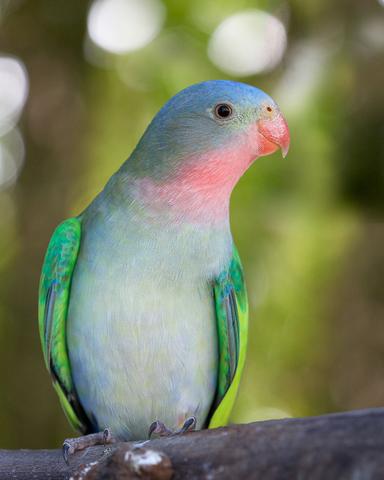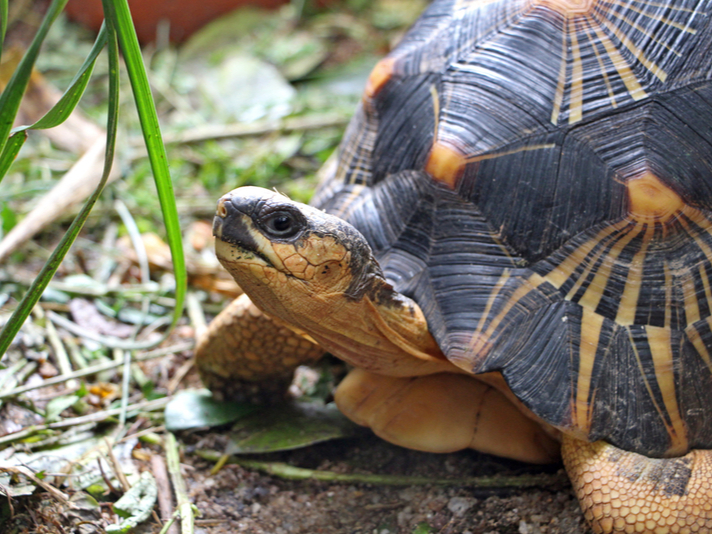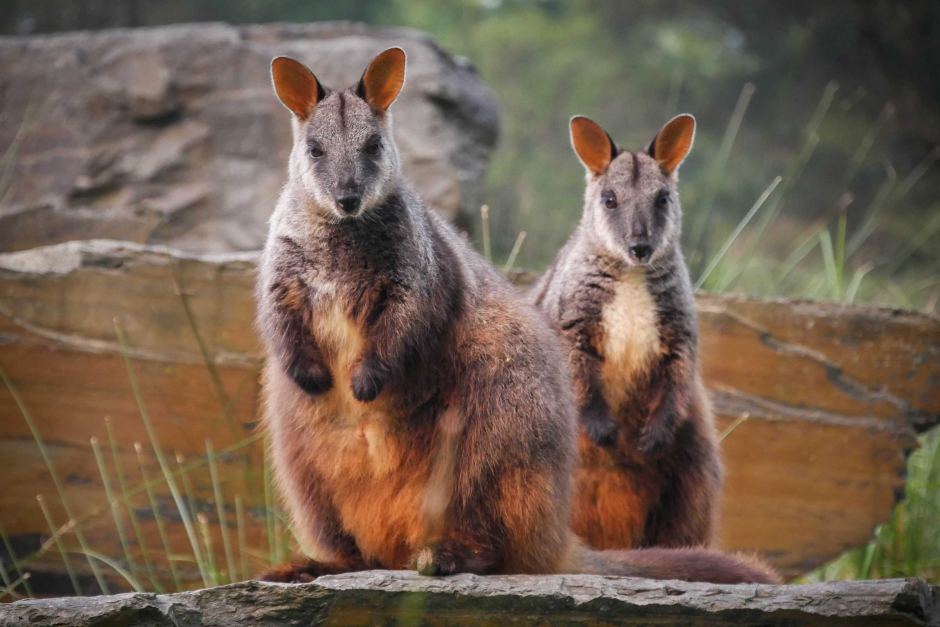Representing Wildlife Exhibitors Australia Wide
Conservation Initiatives
The Wildlife Exhibitors Network (WEN) is deeply committed to contributing to wildlife conservation through its membership network. Our conservation initiatives are designed to achieve meaningful goals across advocacy, education, and managed programs, ensuring we play an active role in preserving species and promoting sustainable practices.
Conservation Through Advocacy
WEN actively leverages its captive wildlife species to advocate for wildlife conservation and inspire meaningful change. This advocacy effort is seamlessly integrated with our education programs to amplify its impact. By highlighting conservation challenges and opportunities, WEN members foster awareness and engagement among the public, encouraging action and support for critical conservation causes.
Conservation Through Education
WEN member facilities educate thousands of people daily, fostering greater understanding and appreciation for wildlife. As part of their commitment, all WEN members are required to provide educational resources about the species under their care. These resources are designed to deliver accurate and engaging information through a variety of platforms, including live presentations, interpretive signage, online resources, and interactive, hands-on activities. This educational outreach ensures that visitors leave with a deeper knowledge of the species they encounter and the broader conservation issues they represent.
Conservation Through Research
WEN is planning on working alongside Australian Universities in the future to assist us in long-term conservation programs through active research initiatives. WEN has an amazing network of facilities and a large collection of species that can benefit from collaborative research programs. As a network of like-minded members we will actively investigate species diets, genetics, behaviour and breeding through our WEN managed native and exotic species programs.
Conservation Through Managed Programs
WEN has developed several managed species programs that offer members the opportunity to actively contribute to conservation goals. These programs are supported by species coordinators who oversee the management of captive breeding populations within Australasia and internationally. By collaborating with global and regional partners, WEN ensures that breeding programs align with conservation priorities, such as maintaining genetic diversity and supporting reintroduction efforts. WEN is dedicated to expanding its managed programs sector and encourages all members to participate, contributing to the preservation of species for future generations.
Through these initiatives, WEN demonstrates its unwavering commitment to conservation, blending advocacy, education, and scientific management to drive meaningful change in wildlife preservation and public awareness. WEN has adopted a 3-tiered systematic approach to Species Management, level I to Level III.
WEN have developed several documents in relation to these Managed Programs, available to all WEN members through the portal, including:
- Animal Welfare Policy
- Animal Transaction Policy
- Animal Conservation & Advocacy Policy
- Conflict of Interests Policy
- Institutional Participation in Managed Programs Policy
- Genetic Position Statement
- Ethical Use Guidelines
Managed Native Species Programs
- Princess Parrot (Polytelis alexandrae) - Near Threatened Species
- Brush-tailed Bettong (Bettongia penicillata) - Critically Endangered Species
- Merten's Water Monitor (Varanus mertensi) - Endangered Species
- Brush-tailed Rock Wallaby (Petrogale penicillata) - Vulnerable Species
- Southern Hairy-nosed Wombat (Lasiorhinus latifrons) - Near Threatened Species
Managed Exotic Species Programs - Cooperative Conservation Programs
- African Lion (Panthera leo) - Vulnerable Species
- Tiger (Panthera tigris) - Endangered Species
- Clouded Leopard (Neofelis nebulosa) - Vulnerable Species
- Red-Ruffed Lemur (Varecia rubra) - Critically Endangered Species
- Ring-tailed Lemur (Lemur catta) - Endangered Species
- Cotton-top Tamarin (Saguinus oedipus) - Critically Endangered Species
- Radiated Tortoise (Astrochelys radiata) - Critically Endangered Species
- Indian Star Tortoise (Geochelone elegans) - Vulnerable Species
- Philippine Crocodile (Crocodylus mindorensis) - Critically Endangered Species
There are more planned managed programs on the horizon, collaboratively our network members work together on making these programs a reality.









